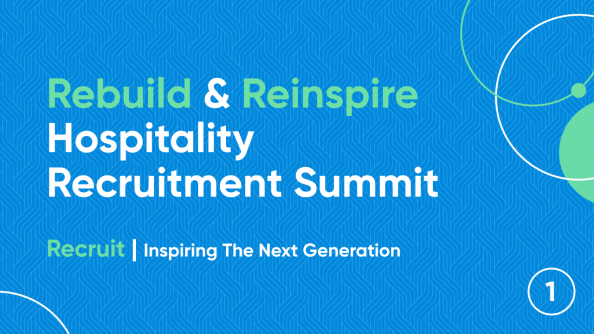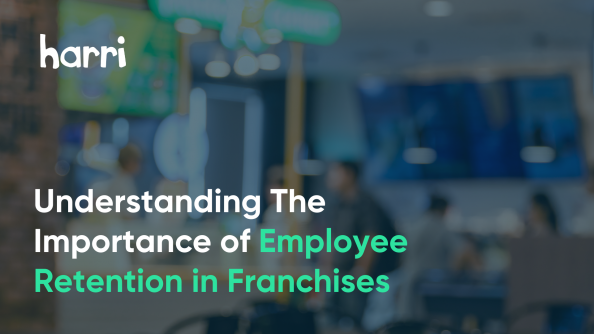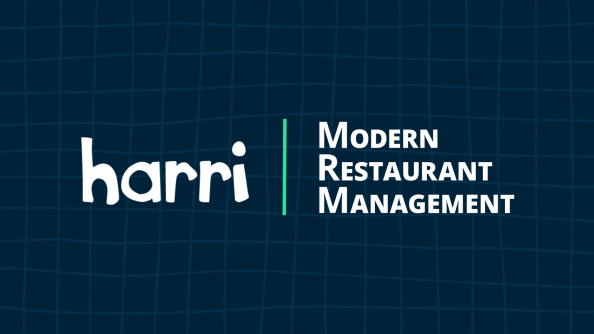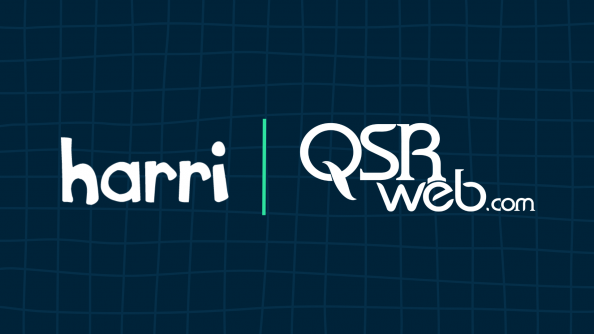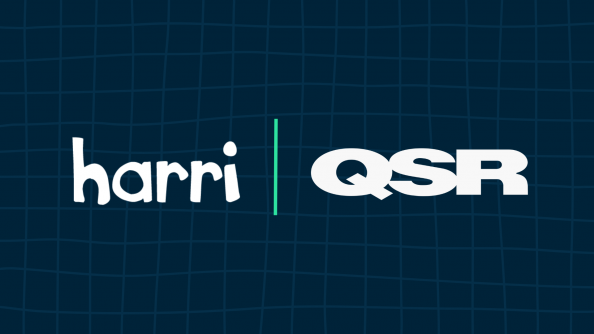What the National Living Wage Increase Means for Operators: Navigating a £1.4B Challenge
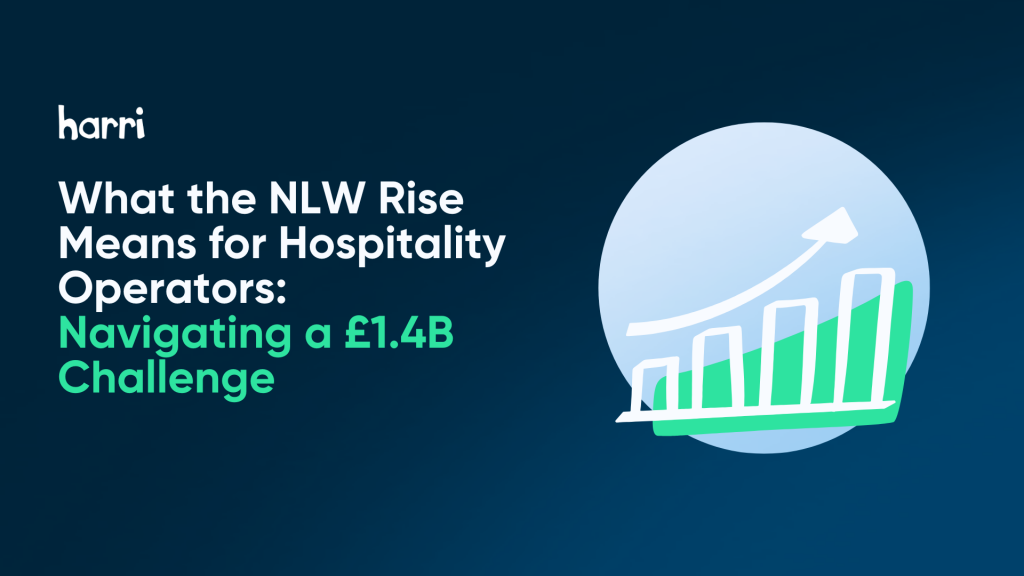
- By Harri Insider Team | November 26, 2025
Today’s UK Budget confirmed several significant changes that will directly impact hospitality operators across the country. The National Living Wage (NLW) is rising by 4.1% to £12.71, whilst the 18-20 year old rate is experiencing an even more substantial increase of 8.5%. UKHospitality has estimated that these changes will result in an additional £1.4 billion in labour costs across the sector.
£12.71
New NLW
Representing a 4.1% increase from previous rate
8.5%
Youth Rate Rise
Increase for 18-20 year old
workers
£1.4B
Sector-Wide Impact
Additional annual labour costs for hospitality
This isn’t just a cost increase; it’s a structural shift occurring while operators are already navigating a “perfect storm” of high business rates, soaring energy prices, and persistent food inflation. To survive and thrive, you need a strategy that protects both your financial performance and your people.
The Three Core Risks Threatening Your Operations
The wage rises, while welcome news for your teams, create three fundamental operational risks that require proactive solutions:
1. The Threat of Pay Compression
The wage gap between younger, newer team members and your experienced, skilled staff is narrowing considerably.
The Problem: Experienced staff may feel their expertise is no longer adequately recognised when entry-level roles pay nearly as much.
The Risk: A high risk of turnover amongst your most skilled employees who seek better compensation or progression elsewhere, gutting your operational quality.
2. Hiring Bias and the Shrinking Talent Pipeline
When the cost differential between an entry-level worker and an experienced worker is minimal, the temptation is to hire only “shift-ready” candidates.
The Problem: Operators favour immediate contributors, reducing entry-level opportunities and training investment.
The Risk: Weakening the long-term talent pipeline, making it harder to fill management and specialist roles in the future, and losing hospitality’s role as a first-career pathway.
3. Non-Negotiable Scheduling Accuracy
Higher labour costs mean that every minute of wasted time, every unnecessary hour of overtime, and every poor scheduling decision is now dramatically more expensive.
The Problem: Existing scheduling inefficiencies will quickly erode profit margins under the new wage rates.
The Risk: A sharp rise in your Labour % that forces reactive, often damaging, cost-cutting measures.
Operators who can successfullyOperators who can successfully
Turning Wage Pressure into Smarter Operations with Harri
The key to navigating this transition is to pivot your mindset from cost-cutting to optimisation. Harri is built to help you turn this wage pressure into an opportunity for structured development, stronger operations, and sustainable growth.
Our commitment: Harri helps you drive productivity and optimisation without compromising guest experience or cutting vital development opportunities for your workers.
Here is how Harri addresses the core risks head-on:
Solution 1: Mitigating Pay Compression with Skills-Based Progression
To keep experienced staff engaged and newer staff motivated, progression must remain meaningful even as wage gaps narrow.
Harri helps you build a transparent, skills-based framework that provides non-monetary recognition and clear pathways:
-
Clear Role Definitions: Go beyond job titles. Define specific competencies, skills, and expectations for every level of your team within the system.
-
Skills-Based Assignment: Match shifts to capabilities. Experienced staff get assigned to premium shifts, complex tasks, and leadership opportunities, recognising their value through responsibility, not just pay.
-
Transparent Pathways: Give all team members a visible roadmap showing exactly what skills they need to acquire to advance, making career growth tangible and achievable.
Our Promise: We help you turn wage changes into a structured skills model, so progression stays meaningful for everyone.
Solution 2: Protecting Margins Through Labour Forecasting Accuracy
In an era of high NLW, accuracy is non-negotiable. Harri’s forecasting capabilities enable you to move from reactive scheduling to strategic workforce planning.
We protect your Labour % through accuracy, not cuts:
-
Demand-Led Forecasting: Predict labour needs with precision by analysing historical trading patterns, seasonal trends, and event calendars.
-
Smarter Deployment: Ensure the right people are in the right roles at the right times, based on actual predicted demand—avoiding both costly overstaffing and service-damaging understaffing.
-
Overtime and Hours Control: Proactive alerts prevent unnecessary overtime cost drift and provide stronger visibility of contracted versus worked hours.
The Financial Impact: For a mid-sized restaurant group, even a 2% improvement in scheduling efficiency can translate to £50,000-£80,000 in annual savings under the new wage rates.
Solution 3: Maintaining the Talent Pipeline by De-Risking Entry-Level Hiring
You must continue to invest in young talent. Harri helps you mitigate the financial risk of hiring less-experienced candidates and proving the long-term value of your training programmes.
-
Strengthening Applicant Screening: Utilise behavioural assessments and skills matching to look beyond past experience and surface candidates with genuine potential, the right aptitude, and a strong cultural fit.
-
Accelerating Onboarding: By reducing hiring risks and accelerating the time it takes for new hires to become productive, Harri makes it viable to continue taking chances on promising young candidates.
-
Track Skills Growth Over Time: Document and visualise how entry-level hires develop, giving you rigorous data to demonstrate the return on investment (ROI) of training young workers.
Our Promise: We help you maintain your pipeline of young talent whilst staying productive and achieving ROI on your training investment.
Conclusion: Lead with Confidence
The £1.4 billion challenge is real, but it is also an opportunity for the hospitality industry to elevate its operational game. Operators who respond with panic and reactionary cost-cutting will fall behind. Those who respond with clarity, structure, and smart technology will emerge stronger.
Harri is committed to being the definitive workforce operating system that evolves alongside your industry needs. We understand the challenges you face, and we have the tools to help you navigate this transition strategically, protecting both your bottom line and your talented people.
navigate pay compression whilst maintaining training programmes and optimising schedules will emergestronger.stronger.












